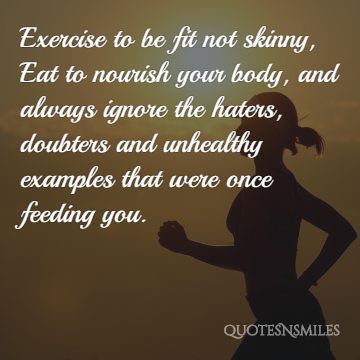These days, lots and lots of highly processed foods for example, chips, biscuits, cold drinks, ready made noodles etc. have taken over the markets and are supplied to households frequently. People are unaware of the consequences of these products in their health and fitness. A lot of the commercially created foods that we tend to eat are literally harmful once consumed often. Healthy consumption of foods so starts with avoiding foods that are literally dangerous for you. This means that these fast foods should be taken occasionally, not on a daily basis. Concentrating on intake of foods with different components of the macro-nutrients such as vitamins, fibers, proteins, carbohydrates, minerals, fats etc. on a daily basis turns out to be fruitful for your healthy life.
Vitamins help to regulate chemical reactions in the body. There are 13 vitamins, including vitamins A, B complex, C, D, E, and K. Because most vitamins cannot be made in the body, we must obtain them through the diet. Vitamins are best consumed through a varied diet rather than as a supplement because there is little chance of taking too high a dose.
Protein from food is broken down into amino acids by the digestive system. These amino acids are then used for building and repairing muscles, red blood cells, hair and other tissues, and for making hormones. Adequate protein intake is also important for a healthy immune system. Because protein is a source of calories, it will be used for energy if not enough carbohydrate is available due to skipped meals, heavy exercise, etc. Main sources of protein are animal products like meat, fish, poultry, milk, cheese and eggs and vegetable sources like legumes (beans, lentils, dried peas, nuts) and seeds.
Carbohydrates can be grouped into two categories: simple and complex. Simple carbohydrates are sugars whereas complex carbohydrates consist of starch and dietary fiber. Carbohydrate provides the energy that is used first to fuel muscles and the brain. Soluble fiber (fruits, legumes, nuts, seeds, brown rice, and oat, barley and rice brans) lowers blood cholesterol and helps to control blood sugar levels while providing very little energy. Insoluble fiber(wheat and corn bran, whole-grain breads and cereals, vegetables, fruit skins, nuts) doesn’t provide any calories. It helps to eliminate digestive disorders like constipation and may help prevent colon cancer. Sources of carbohydrates include grain products such as breads, cereals, pasta, and rice as well as fruits and vegetables.
The fat in food includes a mixture of saturated and unsaturated fat. Animal-based foods such as meats and milk products are higher in saturated fat whereas most vegetable oils are higher in unsaturated fat. Compared to carbohydrate and protein, each gram of fat provides more than twice the amount of calories. Nevertheless, dietary fat does play an important role in a healthy diet. Fat maintains skin and hair, cushions vital organs, provides insulation, and is necessary for the production and absorption of certain vitamins and hormones.
Minerals are components of foods that are involved in many body functions. For example, calcium and magnesium are important for bone structure, and iron is needed for our red blood cells to transport oxygen. Like vitamins, minerals are not a source of energy and are best obtained through a varied diet rather than supplements.
And most importantly, consuming pure water at least 8 glasses per day is a must for a good health as water hydrates the body without extra calories, maintains body temperatures, carries different nutrients and waste products from our cells for them to function properly.






No comments:
Post a Comment